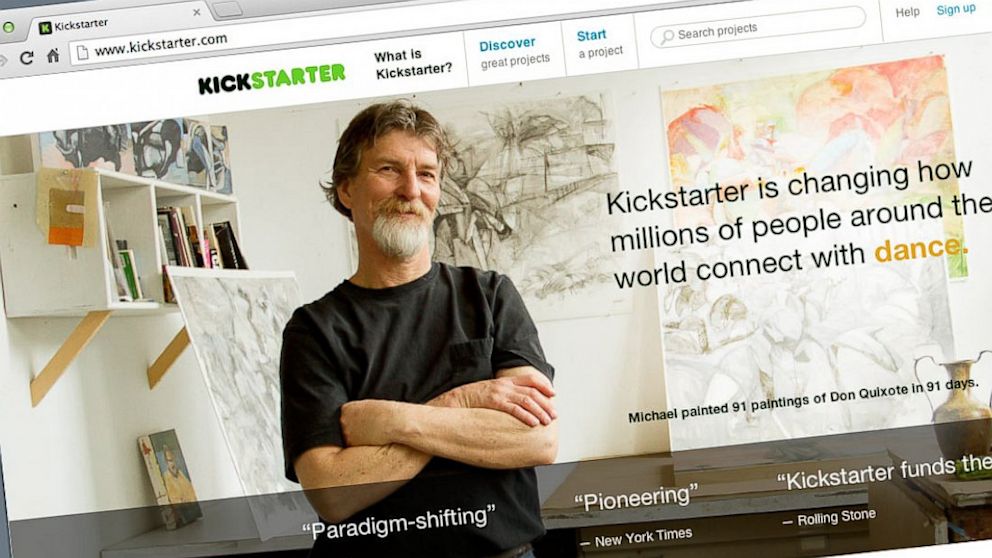Newly Legal: Buying Stock in Start-Ups Via Crowdsourcing
A new law makes it easier to finance start-ups, via crowdsourcing.

Sept. 24, 2013 -- Amateur investors may soon be able to use crowdsourcing to buy equity in start-ups. But should they? At least one expert--the author of a report on Kickstarter--recommends caution.
Under a newly implemented provision of 2012's "Jumpstart Our Business Start-ups Act" (JOBS Act), it became legal this week for small start-ups to solicit investments publicly, via the Internet. They can sell shares without first having to register them with the Securities and Exchange Commission.
An entrepreneur in need of cash can raise up to $1 million a year, provided he or she sells shares only to "accredited" investors—meaning ones who can show they have a net worth of more than $1 million or income of over $200,000 a year.
Such sites as RockThePost already sell equity to accredited investors, who lawmakers and regulators regard as being more sophisticated than less-affluent ones (and thus better able to assess the risks inherent in new means of funding).
Ethan Mollick, a professor of management at the Wharton School of Business, has studied social media funding platforms extensively. His paper, "The Dynamics of Crowdfunding: An Exploratory Study," looks at the outcomes of some 48,500 Kickstarter projects, which collectively raised $237 million donated dollars.
VERONICA MARS KICKSTARTER SHATTERED RECORD
He tells ABC News, "It's an interesting world right now. As of this week, a new opportunity has opened up for qualified investors."
At least 1,000 companies, he says, are lined up to get in on this business.
The reason they're lined up, Mollick says, is that they expect that the SEC will eventually decide to remove or to vitiate the "accredited" requirement, thus making it possible for grandma to invest her money in companies pursuing perpetual motion.
While selling equity to un-accredited investors on the Internet would be new, raising money—through sites like Kickstarter and Indiegogo—definitely is not. Mollick became curious to see how Kickstarter's projects had performed: How many reached their funding targets? Of those, how many delivered on time whatever it was they had promised to give donors? How many failed to deliver at all?
His findings, to the extent they bear on the Internet sale of equities, offer cause for both hope and fear.
Kickstarter doesn't sell equities—or at least it hasn't yet. What Kickstarter offers, explains company spokesperson Justin Kazmark, "is not an investment. It's not a donation. It's not a purchase." The thing being offered, though, shares the attributes of all those three, he says, while being something new and different: "You are pledging money to help bring an idea to life. You're getting updates [from the creative team trying to bring the project to fruition], you're getting vicarious participation in the process, you're getting bragging rights and the satisfaction of knowing that you helped."
Participants might be offered first crack at buying the product, once it's been produced. They might be offered and "gift" T-shirt or other expression of thanks. But they don't own a slice of the undertaking, nor are they making a purpose, according to Kickstarter.
So, what happens if you pledge $150 to help fund somebody's movie, and the maker fails to reach his funding goal? Do you get your money back?You never parted with your money in the first place, because Kickstarter does not debit your credit card unless and until the funding goal is met. If the goal isn't met by the project's deadline, Kickstarter pulls the plug. The person seeking funding, no matter how close to meeting his goal he may have been, gets nothing. So there's nothing to refund.



